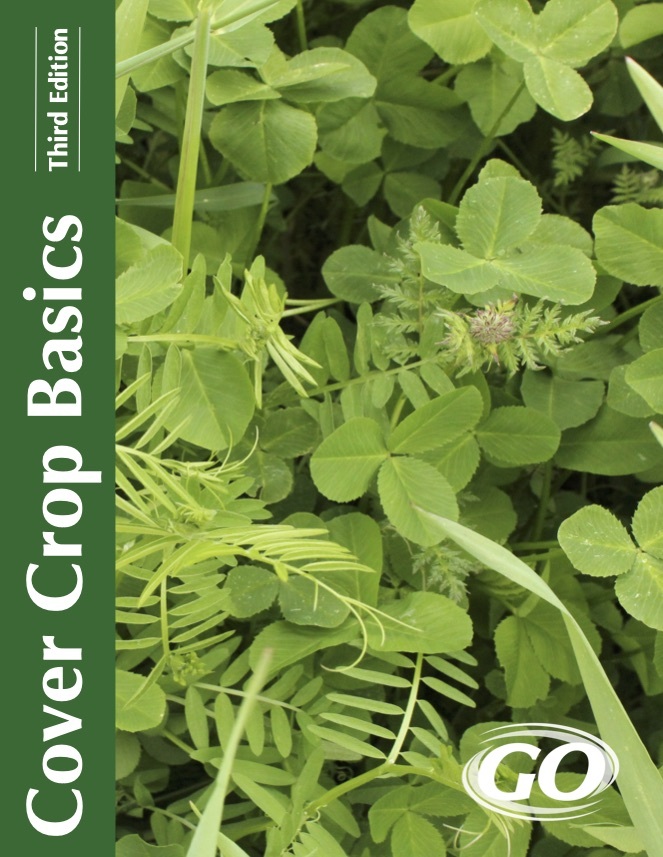Cover crops are among several conservation practices that have resilience-enhancing properties that are important for adaptation as well as the potential to reduce greenhouse gas emissions through carbon (C) sequestration and nitrogen (N) use efficiencies, although to date findings on greenhouse gas reduction have been mixed. Given the mounting scientific evidence of the benefits of cover crops, the recent emphasis on cover crop promotion among conservation agencies and organizations, and the relative lack of cover crop adoption by farmers, surprisingly little research has focused on farmer adoption of cover crops. The objective of this research is to evaluate factors that influence the adoption of cover crops in Iowa. It examines the relationships between farmers’ perceptions of cover crops—benefits, risks, and facilitating factors—and their use of cover crops.


